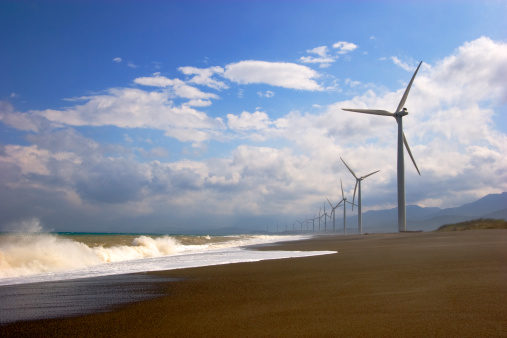Bonn, Germany--Though predictions are plentiful, no one really knows exactly how much time we have to curtail the effects of climate change. The timetable with regard to climate policy, however, is set: the commitment period for the Kyoto Protocol will expire at the end of 2012.Climate delegates aim to have a new agreement in place so that there is no lag time after this occurs. But at a recent United Nations preparatory climate conference in Bonn, Germany, small, developing countries pleaded with the bigger nations to get on the same page with them, and signs pointed to a stalemate in negotiations in the lead up to the main climate conference in Durban, South Africa this fall.
The head of the EU delegation, Artur Runge-Metzger, told Reuters that funding for the South Africa meeting is even in doubt. “This will depend, among other things, on the extent of progress made here in Bonn, and whether the political will among parties exists for a further session,” he said. At the Bonn summit, the Columbian delegation stated, “Without progress in these two weeks, there’s no point having another session in the fall.”
The stall in discussions comes after the relative success of the climate talks in Cancun late last year, where progress was made on the issue of deforestation, among others. The relevance of a stalemate is clear to all global industries, including natural products, and the impact of these talks extends beyond the direct effects of climate change to the political realm. Aside from the obvious problems severe climate change could pose for all types of agriculture, for instance, global trade agreements and business relationships could come under strain as developing countries pull away from cooperation with more influential nations.
The disagreements between developed and developing countries, as well as between developed countries over how to move forward with the Kyoto Protocol, offer little hope of a solution. The G77, a group of developing nations, along with China has expressed a wish to work on a second commitment period for the Kyoto Protocol, while countries including the United States, Japan and Russia have indicated they would not go along with that plan.
Still, there is reason to believe that not only will negotiators develop a plan to limit global temperature increases to two degrees Celsius, as agreed in Cancun, but also that this plan could be executed without the help of nuclear power. Despite the widespread belief that nuclear power must be at least part of the energy solution, a report from the Intergovernmental Panel on Climate Change in May found that renewable energy sources could account for almost 80% of world energy demand by 2050. Additionally, in the wake of the Fukushima nuclear crisis in Japan, Germany has become the largest nation to commit itself to a nuclear-free future.
Published in WholeFoods Magazine, August 2011










